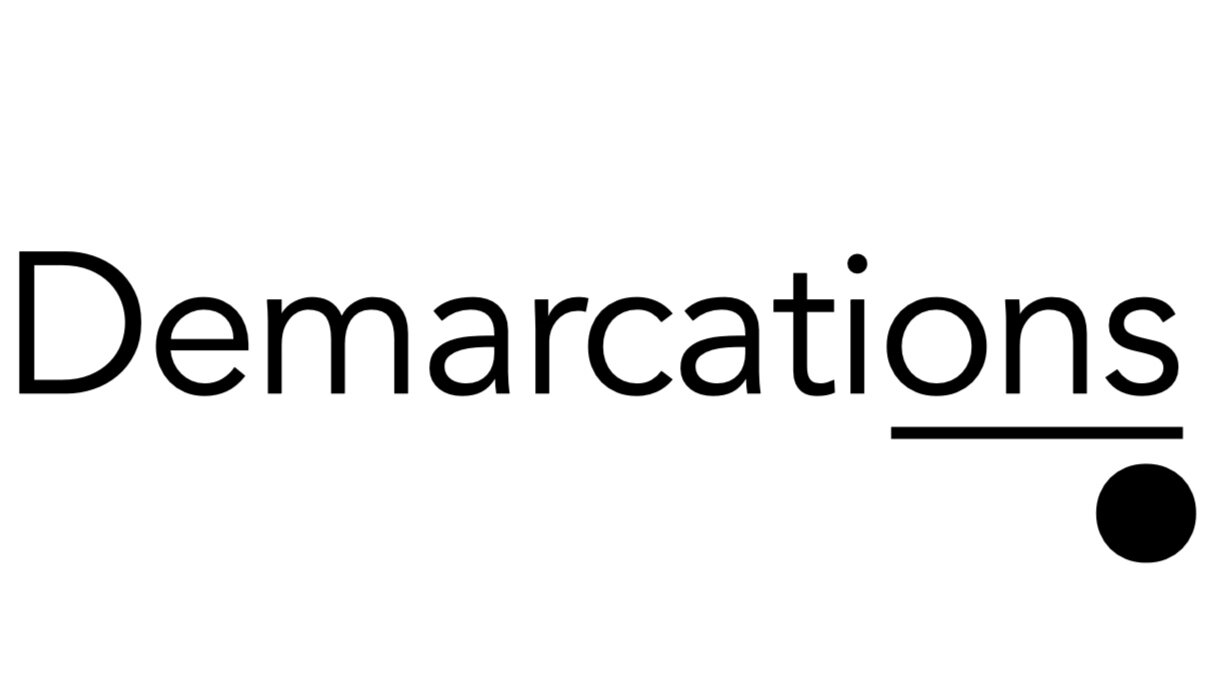Earlier today, U.S. Director of Intelligence Dennis Blair put "cyberattacks" at the top of his prepared remarks to the Senate:
The threat of a crippling attack on computer and telecommunications networks is growing, America’s top intelligence official told lawmakers on Tuesday, as an increasingly sophisticated group of enemies has “severely threatened” the sometimes fragile systems undergirding the country’s information systems.. . . .
“Malicious cyber activity is occurring on an unprecedented scale with extraordinary sophistication,” he said.
The decision by Mr. Blair to begin his annual testimony before Congress with the cyber threat points up the concerns among American intelligence officials about the potentially devastating consequences of a coordinated attack on the nation’s technology apparatus, sometimes called a “Cyber Pearl Harbor.”
I have no special insight on this issue, other than to note that lawyers are not immune. Indeed, lawyers may be especially vulnerable, given the increasingly collaborative nature of law practice, the large amount of sensitive data for which we are responsible, and our increasing dependence on network connectivity. My (rather safe) prediction is that security will demand an increasingly large chunk of law firm IT budgets.
D. Mark Jackson
